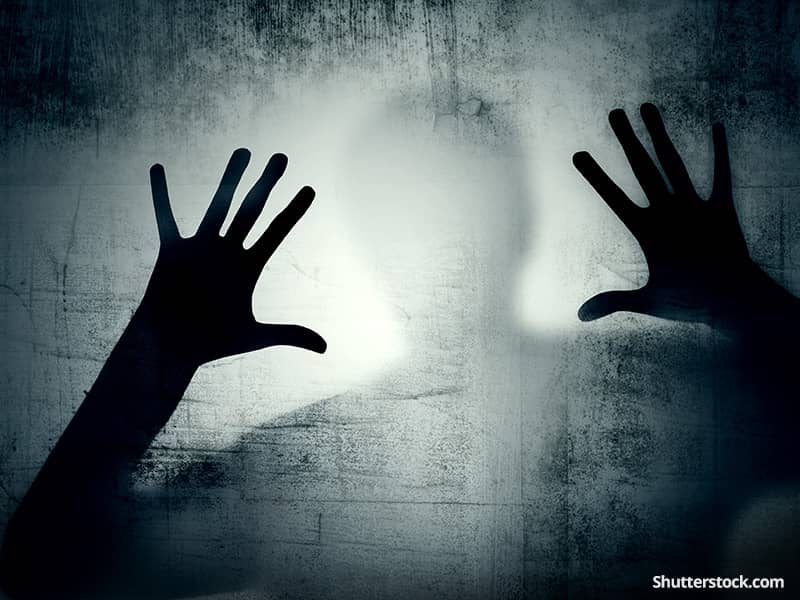A young couple had met and fallen in love in the course of their work together as actors at a famous theatre company in San Francisco. These two wanted to have a larger spoken role in the wedding ceremony. They wanted to say lengthy statements to each other about just exactly why and how much they loved each other.
I told them, as we got together to plan the wedding, that this was real life, not the stage. The real-life emotions of the day could sneak up on them. They assured me they were professionals. They could do it. The Groom, in fact, got quite indignant that I would even consider warning them about possible difficulty in speaking. He told me in no uncertain terms that this was their wedding and they would do it as they had planned. I assured them I wasn't going to stand in their way.
The day of the wedding arrived. We were in the Berkeley Rose Garden, with 150 guests, and a beautiful wedding party. The Bride and Groom turned to face each other and speak of their love and eternal commitment. Both started to cry. Neither was able to speak. Because, as professionals, they didn't need prompting or help, they hadn't given me copies of what they planned to say to each other. There was no way I could help them. Their guests, their families and I waited as each struggled to give brief and incoherent voice to their innermost feelings.
Finally the vows were completed and we moved on in the ceremony. The rings were next. I gave the ring to the Groom, who had insisted that he make his simple statement to his Bride [again] without my prompting. As he put the ring on the Bride's finger, he said "With this wing, I thee red."
This story isn't meant to scare you, but to cause you to consider how much performance pressure you want to add to the other pressures you may feel that day. At least consider giving the Officiant / Minister a copy of what you plan to say to each other. If you need to ask for the card, it will be there for you.
One way to add a uniquely personal flavor to the wedding, without asking your officiant to recount your life histories or the entire saga of your meeting and courtship, is to write one-page letters to each other, to be read during the wedding ceremony. Talk together about what the outline of the letters will be, and a general direction for the subject matter so there is some connection between what the two letters will be addressing. Think about what you would like to say to your partner during the wedding ceremony. Write it in the letter, but don't show it to your partner! Have the officiant read your letters to each other in the early portions of the wedding.
One couple had two friends, one "representing" each of them in pseudo-lawyerly fashion, read a humorous list of assets each was contributing to the marriage "Mr. Smith brings to this marriage four linear feet of old phonograph records; a 14-year-old cat; two of the most lovable daughters in the world; a bass fiddle; 54 first cousins; and skill and experience in repairing a 1960 Volkswagen...." The list goes on, back and forth, between the two "representatives." It can be touching, lighthearted and very personal.
One or both of you can speak to the guests, thanking them for coming and supporting you at this special time, and saying whatever is heartfelt and appropriate at that moment. Prepare well and have note cards available to prompt you if you need them.
For the truly fearless, and if you have sufficient talent, sing to your partner or read him or her a wonderful love poem. Caution this is a highly emotional time. Know that you can in fact finish singing or speaking, if you start.
You also personalize the wedding by what you choose to have the officiant say the readings, the solos, the form of the vows, all communicate to your guests about the nature of your particular partnership.
2016-06-30
2016-06-30
Beliefnet Editor
more from beliefnet and our partners

